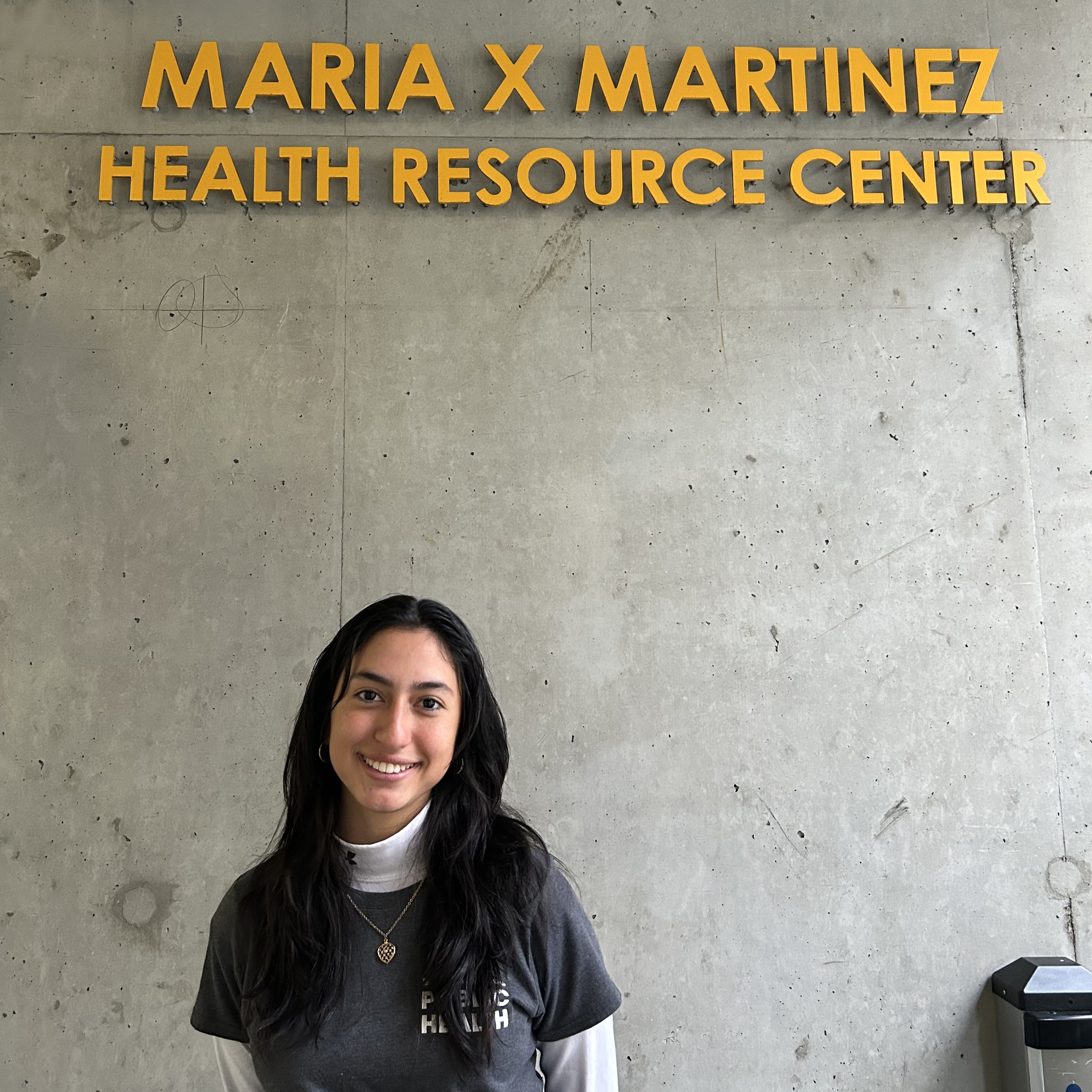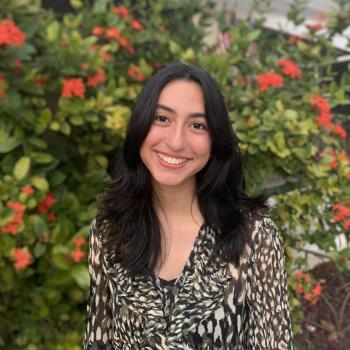Healthcare on the Move: Supporting Sexual Health for All
¡Saludos a todos! My name is Laura (She/Her), and I am currently serving as a Sexual and Reproductive Health Educator with the San Francisco Department of Public Health’s Whole Person Integrated Care (WPIC) division. I primarily serve out of the Maria Martinez Clinic, which provides low-barrier care for people experiencing homelessness alongside their extension of the street medicine outreach team. I support patients in accessing STI testing, prevention, and treatment. I also help improve patient engagement and conduct program quality improvements to enhance sexual health outcomes and education.

My main role is supporting the San Francisco Department of Public Health in their Ending the HIV Epidemic initiative. To expand accessibility for HIV and STI testing and information, I collaborate with our street medicine team to coordinate point-of-care testing at locations often frequented by patients for services such as food, sleep, or harm reduction supplies. Since patients may change phone numbers, housing, and sleeping locations due to their living, I collect patients' preferred methods of contact at these testing sites and note their frequented locations for future outreach. Additionally, I monitor our positive HIV or STI cases from these mobile testing sites to ensure that our healthcare team follows up with patients for further testing and treatment options.
I also support other health practices. I am currently coordinating with clinical providers to expand clinical services such as mammograms, cervical cancer screenings, pregnancy tests, and safe sex practices. To begin building relationships during outreach, I manage the packaging and distribution of period packs at our street medicine clinics. These packs include menstrual products, hygiene supplies, and snacks, aiming to support self-care and provide essential resources for women. As unstable social determinants of health, such as housing and food access, make it difficult for patients to navigate healthcare, these projects help the clinic bridge healthcare gaps in sexual and reproductive health by prioritizing the diverse needs and lifestyles of our patients.
In addition to pop-up testing sites supporting the Ending the Epidemic initiative, our clinic offers long-acting injectable treatments for HIV-positive patients or those interested in prevention. I support our patients with these injections by meeting weekly with designated health workers to ensure patients receive their treatments as scheduled. I also develop solutions to reach out to patients by reducing transportation barriers that they may experience.
One of the locations where we currently offer STI testing services is the Gubbio Project in the Mission. Rain or shine, people gather there for free meals, basic essentials, a temporary place to rest, and medical care. During one of our early testing fairs, a client tested positive. Unfortunately, they shared that they didn’t have a phone number or address where we could follow up with them. Months later, after we had lost contact, I remember the joy and relief our medical team felt when we unexpectedly crossed paths with them again. It was a chance to reconnect and discuss next steps for their care.
At the beginning of our visit, the client was understandably hesitant about further testing. But over the course of an hour, as we listened to their story and gave them space to share their fears, struggles, and concerns, a sense of trust began to grow. By the end of our conversation, they felt comfortable enough to agree to additional testing.
This experience taught me the importance of providing a safe, nonjudgmental space where individuals feel heard and supported. When people have the opportunity to share their thoughts and emotions openly, it fosters trust and makes them more willing to engage in care and disclose sensitive information. I’ve learned that many in our communities carry significant burdens, and asking them to share their vulnerabilities during a first interaction can be intimidating and overwhelming. But when we take the time to genuinely connect and show that we care about who they are as people, it can make all the difference. Building trust isn’t always immediate, but when we lead with empathy and compassion, we create the foundation for meaningful relationships and better care.
Through my AmeriCorps experience, I am committed to deepening my understanding of social determinants of health that shape the well-being of patients experiencing homelessness. I aim to implement solutions at an institutional level and leverage resources for patients with a strong foundation in community health. I believe it is essential to address patients' needs to develop personalized care plans tailored to their unique experiences, ensuring we identify what drives them and continue prioritizing people-centered care.
